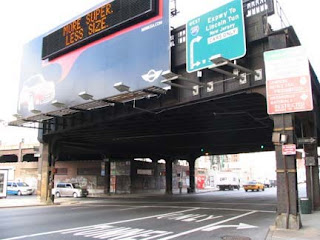From University of New South Wales, research that shows you should stop creating text slides in PowerPoint. Bold=my emphasis added.
If you have ever wondered why your eyes start glazing over as you read those dot points on the screen, as the same words are being spoken, take heart in knowing there is a scientific explanation.
It is more difficult to process information if it is coming at you in the written and spoken form at the same time.
The Australian researchers who made the findings may have pronounced the death of the PowerPoint presentation.
They have also challenged popular teaching methods, suggesting that teachers should focus more on giving students the answers, instead of asking them to solve problems on their own.
Pioneered at the University of NSW, the research shows the human brain processes and retains more information if it is digested in either its verbal or written form, but not both at the same time.
It also questions the wisdom of centuries-old habits, such as reading along with Bible passages, at the same time they are being read aloud in church. More of the passages would be understood and retained, the researchers suggest, if heard or read separately.
The findings show there are limits on the brain’s capacity to process and retain information in short-term memory.
John Sweller, from the university’s faculty of education, developed the “cognitive load theory”.
“The use of the PowerPoint presentation has been a disaster,” Professor Sweller said. “It should be ditched.”
“It is effective to speak to a diagram, because it presents information in a different form. But it is not effective to speak the same words that are written, because it is putting too much load on the mind and decreases your ability to understand what is being presented.“
The findings that challenge common teaching methods suggest that instead of asking students to solve problems on their own, teachers helped students more if they presented already solved problems.
“Looking at an already solved problem reduces the working memory load and allows you to learn. It means the next time you come across a problem like that, you have a better chance at solving it,” Professor Sweller said.
The working memory was only effective in juggling two or three tasks at the same time, retaining them for a few seconds. When too many mental tasks were taken on some things were forgotten.
I don’t agree with the statement, “the use of the PowerPoint presentation has been a disaster. It should be ditched.” This implies, 1.) all PowerPoint is text slides, and 2.) one will never use a PowerPoint presentation as a stand-alone document. As it were, if you are building your presentation correctly with the right mix of text charts and graphics, this shouldn’t be an issue at all.

